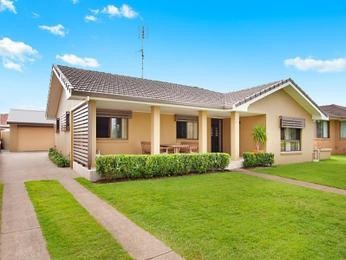When taking the plunge into the world of home loans and property investment, the challenge often lies in knowing which expert to approach for help. Brokers and financial planners, although similar in their professional outlook, cater to different financial endeavours.
Brokers that deal in home loans must be qualified and licensed loan advisers with in-depth knowledge of home loans and options suitable for a range of different financial situations. They negotiate with lenders to arrange loans and help manage the process through to settlement.
“When it comes to talking about a client’s debt structure or interest rates, or the best way to set up a loan, it’s really something that needs to be done by a mortgage broker who is qualified to give credit advice,” says the finance broker.
In contrast, financial planners assist with anticipating and managing longstanding financial outlook. They help sort through and select options for investment and insurance, with attention paid to retirement planning, estate planning and investment analysis.
“Financial planners take care of more of the long-term, wealth-creation strategy, as well as super and life insurance, and other sorts of wealth protection insurances,” the broker says.



















